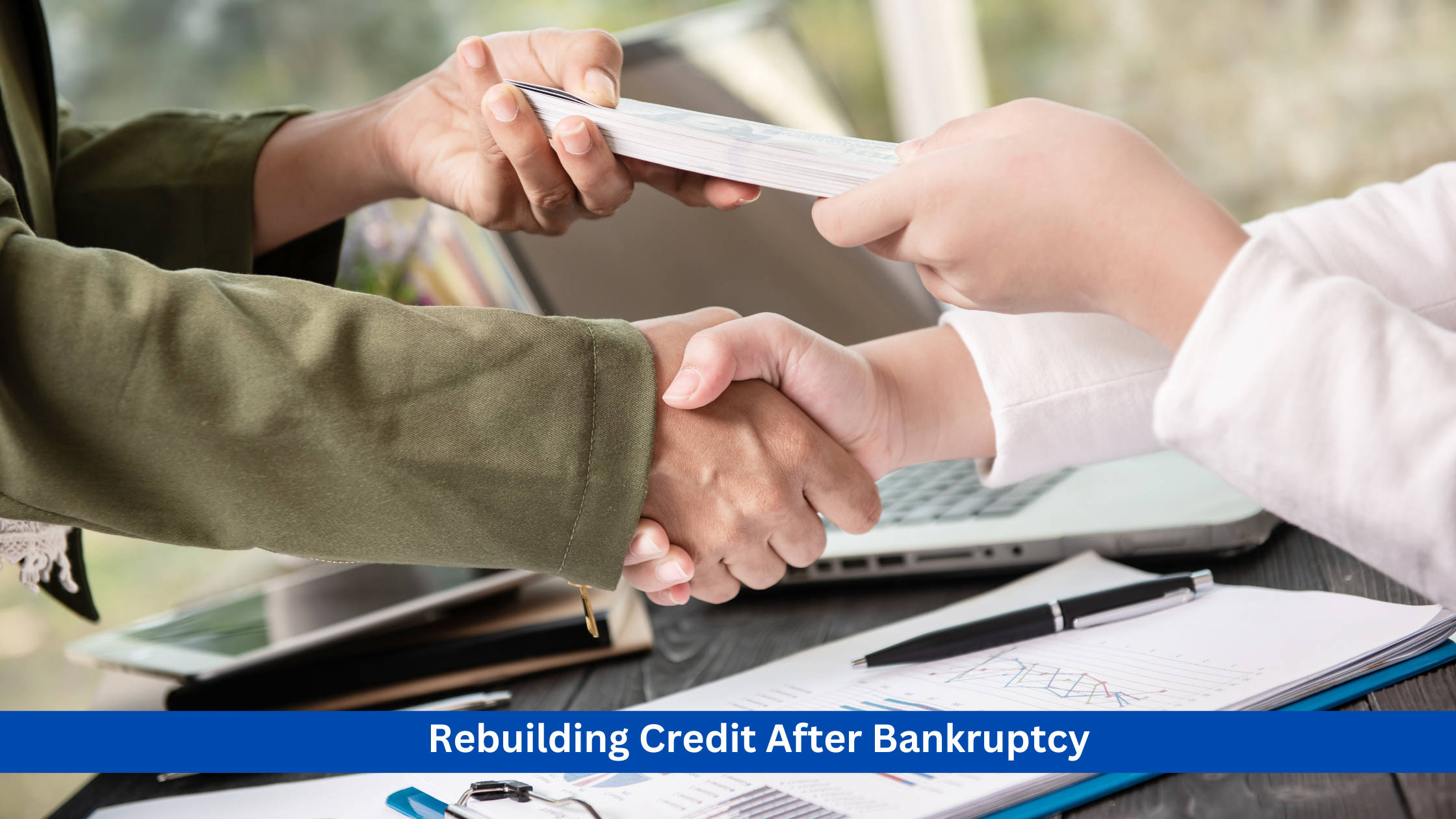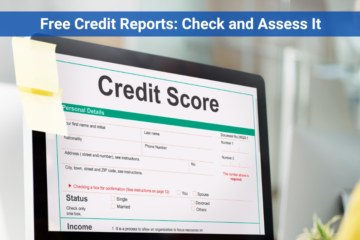Bankruptcy is a daunting word that carries significant financial and emotional weight. It can feel like a financial reset button, but it also comes with a long-lasting impact on your creditworthiness. However, the road to recovery is not as bleak as it may seem. This blog aims to provide valuable insights into the process of rebuilding credit after bankruptcy, highlighting the steps involved and the realistic timeline for seeing results with the right guidance and strategies.
Understanding Bankruptcy’s Effects on Rebuilding Credit
Understanding the consequences of bankruptcy in its entirety is necessary to successfully navigate the difficult debt relief process. While bankruptcy provides a new beginning, it also has long-lasting effects, such as a drastically lower credit score that prevents favorable financing for years. It takes time, effort, good money management, and timely loan payments to rebuild credit. It’s crucial to recognize the psychological and emotional toll in addition to understanding the credit ramifications and taking a proactive approach to financial recovery. Understanding bankruptcy as a valid financial instrument for relief can help people cope with the stigma associated with it in society, which can have an adverse effect on self-esteem and mental health. Understanding bankruptcy’s complex repercussions ultimately enables people to make wise choices and work toward a better financial future.
Building a Stable Foundation for Credit Rebuilding
The initial phase of the recovery journey involves establishing a solid financial base. This entails crafting a realistic budget, monitoring your spending habits, and devising a plan to repay any outstanding debts that weren’t discharged through bankruptcy. Additionally, setting up an emergency fund serves as a safeguard, preventing potential financial setbacks from derailing your progress.
Secured Credit Cards: A Valuable Tool for Rebuilding Your Credit
After bankruptcy, secured credit cards are a useful tool for reestablishing credit. Secured credit cards, as opposed to standard credit cards, demand a cash deposit that acts as collateral for the credit card limit. You may progressively increase your creditworthiness by showing creditors that you are a responsible borrower by using a secured card responsibly and making on-time payments.
Timely Payments Are Key
When it comes to repairing your credit, consistency is essential. Ongoing debts like mortgages, car loans, and student loans can have a big impact on your credit score if you pay them off on time. This shows a dedication to fiscal responsibility and progressively restores lender trust.
Expert Guidance: The Catalyst for Success
Credit repair can be significantly sped up by seeking expert help, such as from financial advisors or credit counseling. These professionals offer individualized methods and doable measures to enhance your progress because they have the expertise and experience to negotiate the complexities of credit restoration.
Credit Monitoring: Tracking Your Progress
Knowing the results of your efforts requires routinely checking your credit report. Search for any inconsistencies or mistakes that can be harming your score. Your credit score may increase if you report these errors and have them removed.
Patience and Persistence: Realistic Timelines
After filing for bankruptcy, the process of rebuilding credit takes time. It necessitates endurance, perseverance, and a dedication to sound money management. The average time it takes to see a noticeable increase in credit scores is usually between 12 and 24 months, although individual schedules may vary depending on factors including the severity of the bankruptcy.
The First Signs of Rebuilding Progress
You might see the first indications of progress after a few months of consistent work. Your credit score may just slightly rise, and you might start to receive secured credit offers. These early victories are significant checkpoints on your road to complete credit rehabilitation.
The Two-Year Mark: Steady Improvement in Rebuilding
You can anticipate a gradual rise in your creditworthiness after two years of constant financial responsibility. Your credit score may have greatly increased by this time, giving you access to unsecured credit cards and loans with reduced interest rates.
The Long-Term Perspective: Rebuilding Beyond Five Years
Over an extended duration, like five years or beyond, the impact of bankruptcy on your credit score gradually lessens. If you consistently manage your finances prudently, you can establish a credit score that rivals or even exceeds your pre-bankruptcy level.
Conclusion
After filing for bankruptcy, restoring credit is a path that calls for commitment, tolerance, and strategic planning. You might anticipate seeing major changes in your creditworthiness within a reasonable timeframe by laying a strong foundation, making use of secured credit cards, getting professional advice, and upholding regular financial practices. Keep in mind that the path to financial recovery is a steady and satisfying journey towards a healthier financial future rather than a race.
FAQs
1. How do you start repairing your credit after bankruptcy?
Making a budget and evaluating your financial status are the first steps. This will assist you in budgeting your money and making timely payments, both of which are essential for repairing your credit.
2. How soon after filing for bankruptcy may my credit score start to rise?
Each person has a different timeframe for improving credit. In general, you might start to see little changes within a few months, but considerable development might require a year or more.
3.How can you assist the credit-rebuilding process go more quickly?
We can offer assistance with creating a customized credit repair plan, advice on handling debt, and pointers for preserving a good credit history. Your progress can be accelerated by our experience.
4.Can you promise a certain rise in credit score within a specific time frame?
While we cannot promise particular outcomes, we can work with you to maximize your chances of improving your credit score. It is impossible to provide precise figures due to the numerous elements that affect credit scores.
5. How can I begin using your credit-rebuilding services?
By requesting a consultation from our experts, you can get going. To assist you in rebuilding your credit, we will evaluate your case, offer advice, and develop a specialized plan.




